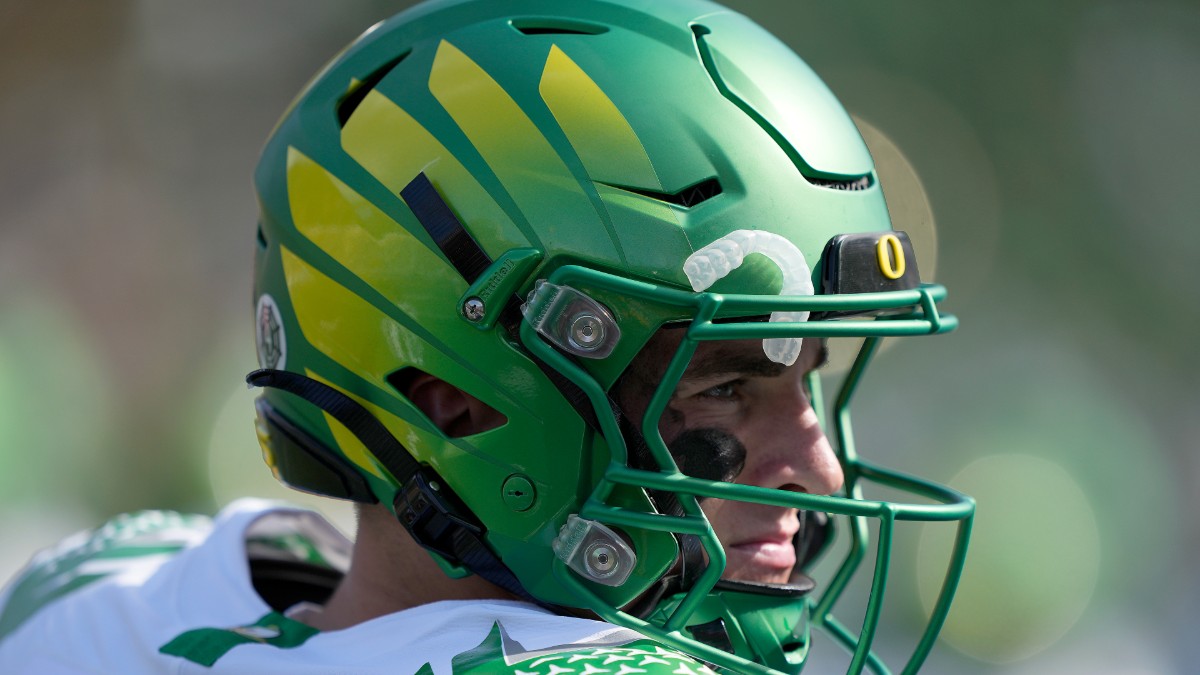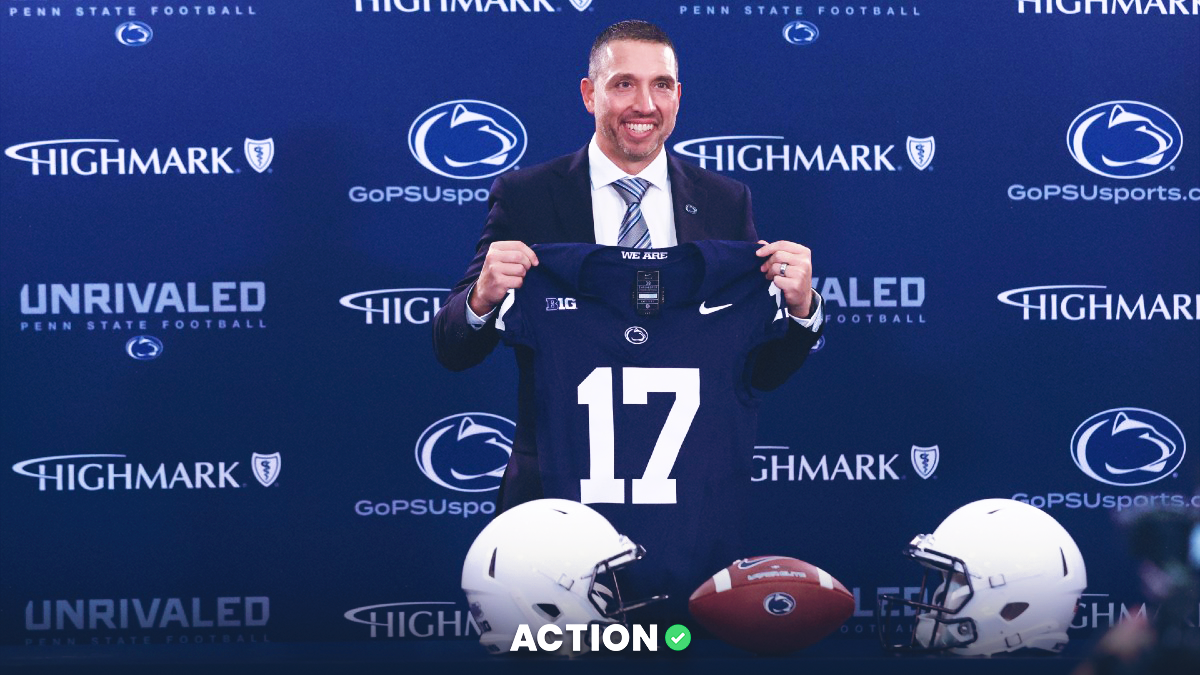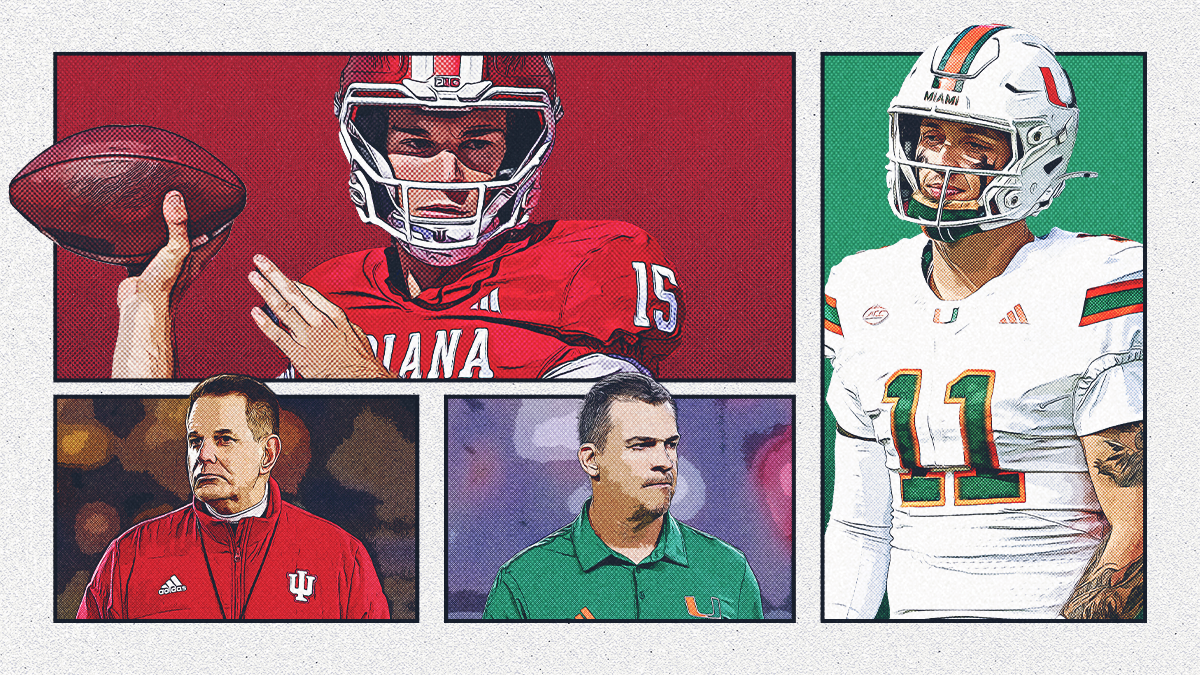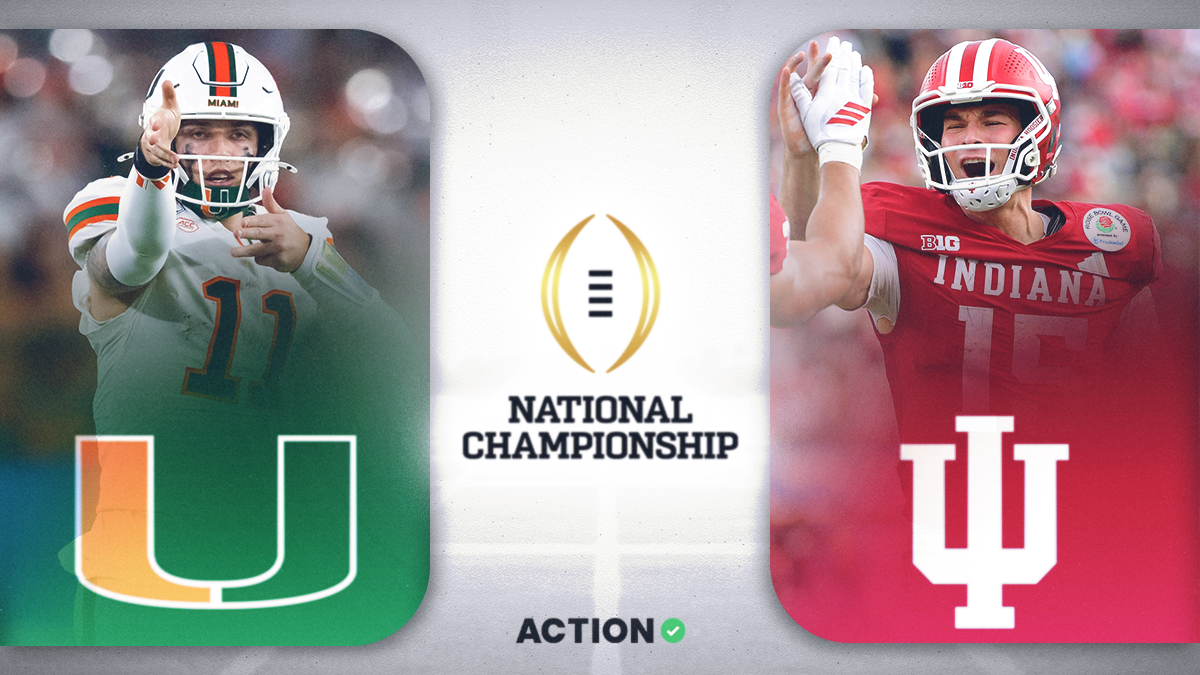The slightest tweak to a rule change in any given sport is critical to a bettor's overall outlook. Accounting for new variables, especially ones holding more weight, can be the difference between staying ahead of the curve or lagging behind the rest of the market.
How about four potential rule changes for college football 2023 and beyond?
SI's Ross Dellenger reported Monday college football executives are moving toward these four proposals:
- Banning consecutive timeouts (such as a team icing a kicker)
- No untimed down at the end of the first and third quarters
- A running clock after first downs, excluding inside two minutes in a half
- A running clock after an incompletion once the ball is spotted
Action Network's college football analyst Collin Wilson naturally identified a plethora of betting nuggets to account for off the bat, highlighting over/unders.
And two conferences immediately stick out.
Betting Impact of College Football's Potential Rule Changes
"I almost tweeted out how safe it'll be to play unders on pass-heavy teams," Wilson said, "like Washington, Washington State, Western Kentucky; basically, the entire Pac-12 and Big 12."
It's true: Half of the rule changes — which would be implemented this fall, per Dellenger — drastically shorten the game, much to the delight of college football executives.
The NFL, for example, already establishes the third proposal — the clock continues to run following a first down.
That wrinkle would certainly limit even the most efficient college football offenses in the country. Washington (25), Wazzu (24.9) and Western Kentucky (23.7) were among the top nationally in seconds per play last season. Up-tempo offenses running at a breakneck pace no longer benefit from a stopped clock.
Wilson also noted already inflated totals just off last year's sample.
For instance, college football over/unders in 2022-23 closing 70 or higher were just 9-16 (36%).
Toss in a couple rule changes that expedite the clock and handcuff offenses?
"Those totals in the 70s this past year that went under more than over — that should grow."

















































